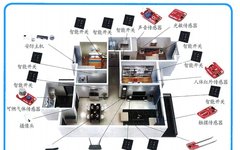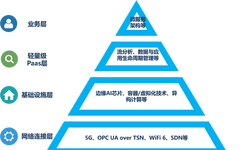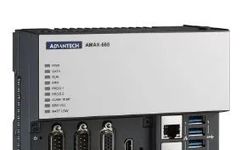What Is Smart Home Technology and What Does It Include?
Introduction to Smart Home: Smart home technology integrates various facilities related to home life using structured cabling technology, network communication technology, security technology, and automatic control technology, building an efficient management system for residential facilities and family schedules, enhancing home safety, convenience, comfort, artistry, and achieving an environmentally friendly and energy-saving living environment. In simple … Read more









